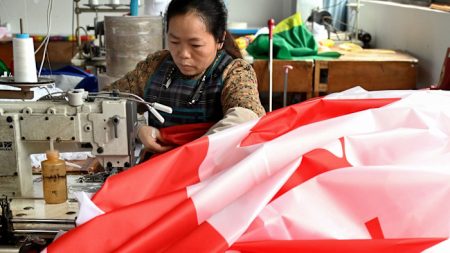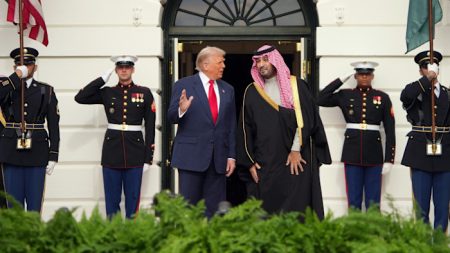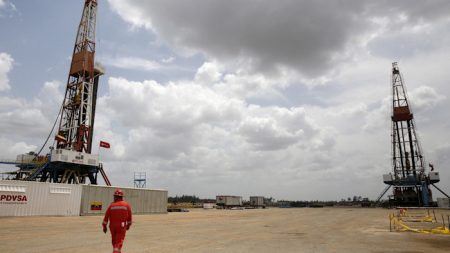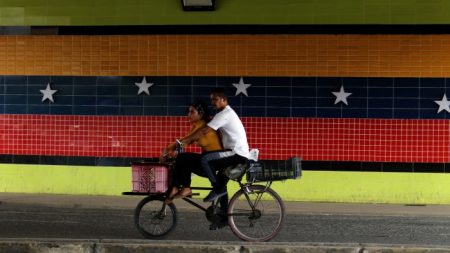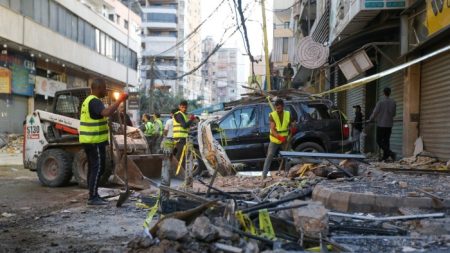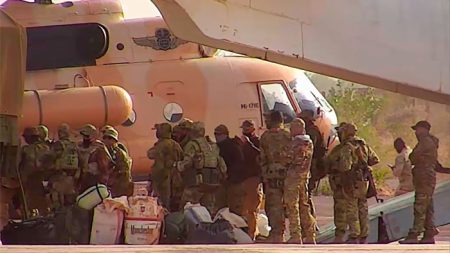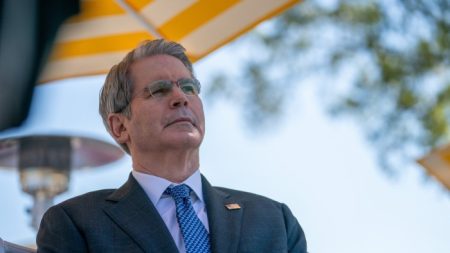Unlock the Editor’s Digest for free
Roula Khalaf, Editor of the FT, selects her favourite stories in this weekly newsletter.
The Israeli military said on Tuesday night that senior officers had approved “operational plans for an offensive in Lebanon”, as fears grow that Israel and Hizbollah could slide into a full-blown conflict.
The Lebanese militant group and Israeli forces have been trading fire on an almost daily basis since the beginning of the war between Israel and Hamas in Gaza, but exchanges escalated last week, with Iran-backed Hizbollah firing dozens of rockets at Israel after it killed one of the group’s commanders in an air strike.
Despite the intensifying exchanges, which have displaced tens of thousands of people and caused casualties in both Lebanon and Israel, the two sides have not yet been drawn into an all-out war, with the US leading a diplomatic push to de-escalate the situation.
However, Israeli officials have repeatedly said they are prepared to take military action in the absence of a diplomatic resolution. The military said on Tuesday that as well as approving plans for an offensive, officers had taken decisions on “increasing the readiness of troops in the field”.
The announcement came hours after Hizbollah, one of the world’s most heavily armed non-state actors, released a 9-minute video of what it said was footage gathered by its surveillance drones of parts of Israel, including the port in the northern city of Haifa.
In addition to views of the port, which lies around 30km from the Lebanese border, the undated footage included what Hizbollah said were images of other military infrastructure.
The video drew a furious response from Israel, with foreign minister Israel Katz warning that his government was “very close to the moment of decision to change the rules against Hizbollah and Lebanon”.
“In an all-out war, Hizbollah will be destroyed and Lebanon will be severely hit,” he wrote on the social media platform X.
“The state of Israel will pay a price on the front and home fronts, but with a strong and united nation, and the full power of the [Israel Defense Forces], we will restore security to the residents of the north.”
Israel and Hizbollah fought a 34-day war in 2006. In an effort to prevent the tensions from boiling over into a full-blown conflict again, US envoy Amos Hochstein arrived in the region this week for meetings in Israel and Lebanon.
Speaking in Beirut on Tuesday, Hochstein told reporters that the two sides had reached “a serious time and a critical moment”.
“It’s in everyone’s interest to resolve it quickly and diplomatically. That is both achievable and it is urgent,” he said.
Hochstein’s visit is the latest in a string of trips he has made to the region in recent months in an effort to find a diplomatic solution to the tensions. But the talks remain gridlocked.
Israel is demanding that Hizbollah pull back its forces from the vicinity of its border with Lebanon. But Hizbollah insists it will not agree to a deal until there is a ceasefire in Gaza.
Read the full article here





